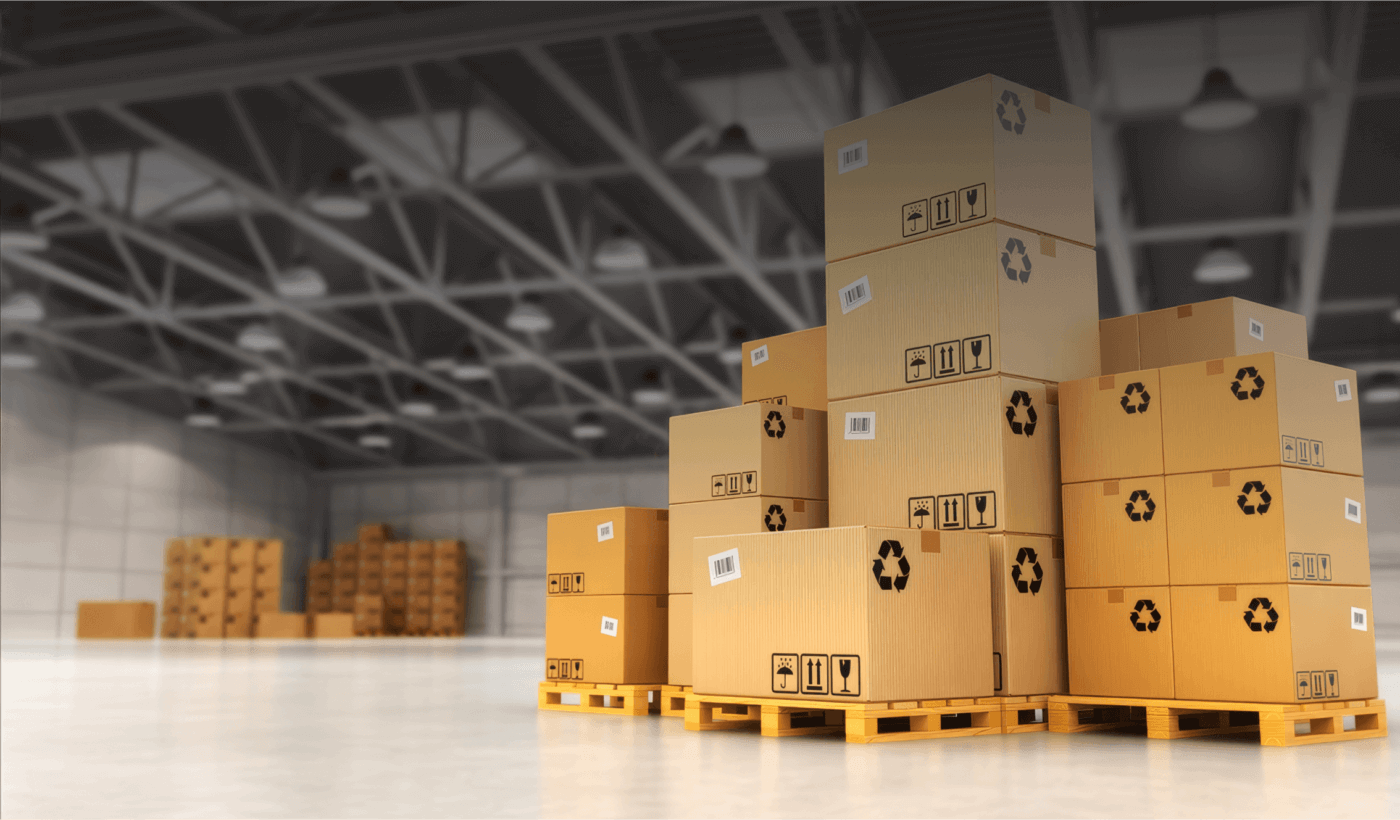
Shippers and Their Role in Logistics Processes
When building your own logistics chain, you need to consider at least three roles in the freight transportation process:
- The shipper
- The carrier
- The receiver
Each is crucial for organizing goods delivery, as they are responsible for a series of operations that optimize logistics processes.
Today, let’s talk about the first link – the role of the product shipper and its importance for the efficiency of the entire supply chain.
What Is a Shipper?
In short response to the question “What are shippers?” is “Responsible individuals who are directly involved in shipping goods.” However, this doesn’t give us a full understanding of their duties and overall workflow.
The areas of responsibility for shippers are primarily related to:
- Receiving goods, products, or cargo from the client.
- Accounting for the received goods.
- Packaging and labeling of goods.
- Entry of IDs into digital tracking systems.
- Finding a direct carrier.
- Legal support.
- Contracting for delivery services.
- Notifying the recipient party of shipment.
Accordingly, the person who shipped the cargo, the shipper, controls the entire path of the product movement, its condition, and delivery timelines and is responsible for any deviations from the planned route.
What is Shipping in Logistics
Formally, shippers trucking services mean working with cargo as an intermediary responsible for shipping. Therefore, it performs a series of processes related to organizing the shipment of products, their storage until dispatch, and controlling the transportation route.
However, the most important task of a person who is a shipper is still packing the cargo and its legal support.
What is a Shipper in Packaging
The shipper leads all processes, from receiving the goods to handing them over to the carrier. Therefore, the key tasks boil down to:
- Proper packaging. For example, using pallets, film, straps.
- Labeling. Both typographic, indicating the addresses and full names of the recipient (legal entity), and digital (RFID tags, GPS beacons, etc.).
- Accounting. Financial transactions, entering cargo information into registers, and tracking systems.
Shipper services also include legal support, such as forming and issuing consignment notes to the carrier, resolving issues with customs, possibly law enforcement agencies, and so on.
Difference between Carrier and Shipper
Comparing shipper vs carrier, we clearly understand that the former is involved in preparing goods for shipment and their transfer to the executor. The latter, on the contrary, only receives the goods and delivers them to the specified location. They are responsible for the condition of the cargo during transportation.
This is the main difference between the concepts. The only exception is 3PL providers, who provide comprehensive services and cover virtually the entire logistics chain. But in any case, they have their own set of roles for shippers and carriers.
The Role of a Cargo Shipper
The role of a shipper meaning that another specialist understands the labeling and redirects it further, and the cargo reaches the destination without problems or incidents.
Thus, the shipper definition practically implies extended control and dispatch organization through optimal routes, engaging trusted carriers. However, a specialist in this segment is more involved in packaging and labeling goods, their legal support, and contracting with 3PL intermediaries.
How to Find a Shipper Company?
You don’t really need to search. Generally, all 3PL providers offer cargo shipper services as part of standard service packages. So, if you contract, for example, with HH Express, the company organizes the shipment of your goods or products, their accounting, etc.
Therefore, there is no need to look for shippers elsewhere; simply seek assistance from a 3PL company.




